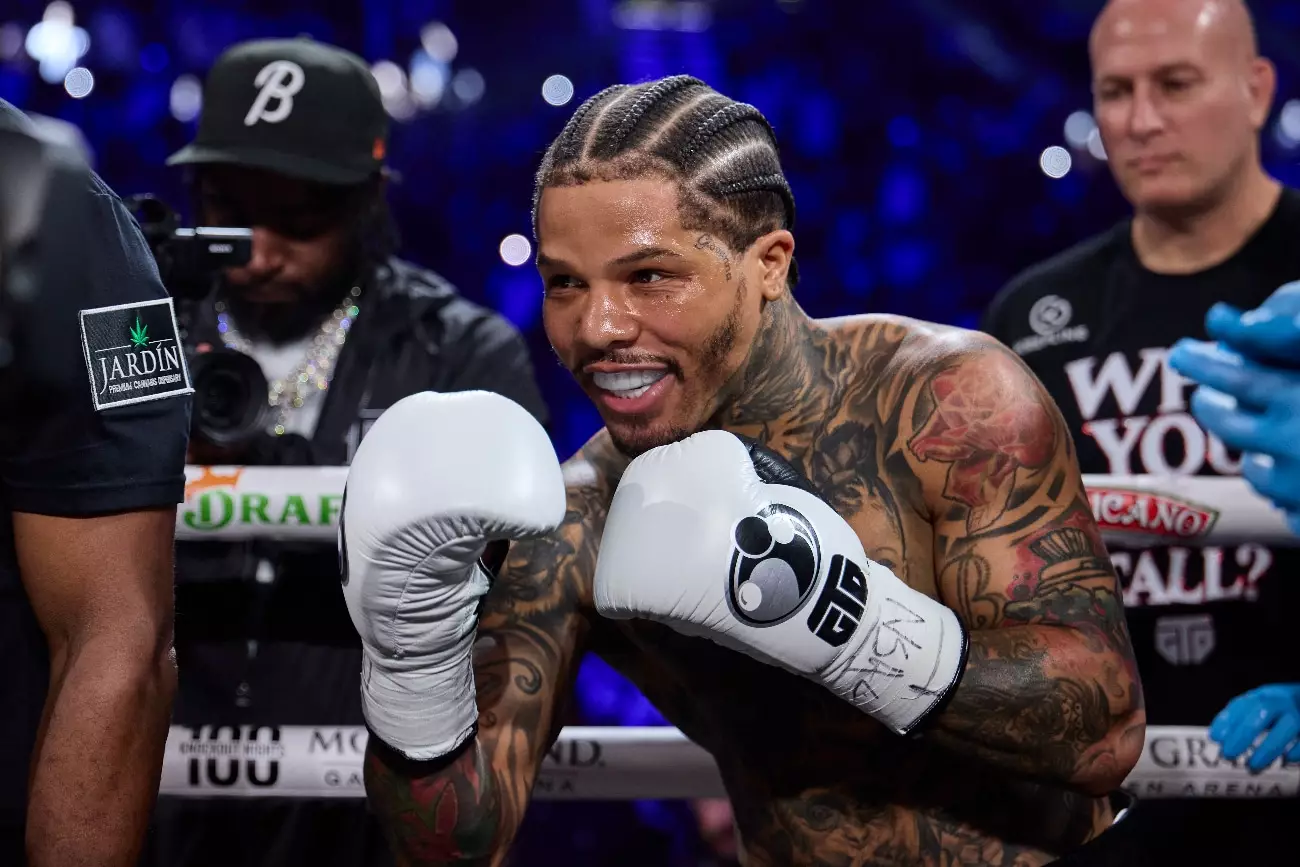In the ever-competitive world of boxing, attention is a currency that fighters need to thrive, and this week, Gervonta Davis and Keyshawn Davis have turned to social media to stake their claims. Keyshawn Davis, an emerging lightweight contender with a record of 11-0, took to online platforms to provoke the reigning star, Gervonta “Tank” Davis, who boasts an impressive record of 30-0. Much of Keyshawn’s approach seems focused on courting attention, suggesting an intention to accelerate his own rise in the sport.
While social media exchanges of insults and challenges may seem theatrical, they serve as a tactic in boxing often utilized by fighters in search of legitimacy and recognition. The younger Davis’s call-outs may be interpreted as a strategic play to leverage Tank’s established fame to draw interest towards his own upcoming bout against Gustavo Lemos. By baiting Tank, Keyshawn manages to craft a narrative that could pull fans into his fight—and that narrative often overshadows the actual match itself.
Critically assessing Keyshawn’s strategy reveals a dual nature; it can be perceived as both clout chasing and a calculated move to garner competitive energy for his match on November 8. Unlike a match against higher-caliber opponents, such as Andy Cruz or Raymond Muratalla, Keyshawn’s bout with Lemos raises questions about his readiness and skills to compete at the forefront of the division. These questions are vital for a fighter eager to forge a path toward greatness but who finds himself engaged with lower-tier competitors.
Keyshawn’s proclamations about potentially taking Tank’s spot in the division are especially ambitious but somewhat misplaced. His recent boasts come against a backdrop of fights that have not necessarily showcased his dominance over the lower-tier opposition he has been offered. His recent self-assurance may leave fans skeptical about whether he can indeed transition from lightweight contender to a marquee player in the sport, especially given his apparent career trajectory.
The lack of substantial fan interest in the upcoming Davis-Lemos event highlights a crucial dynamic in boxing: promotional prowess is increasingly dependent on social media presence. Without the buzz generated by the social media spat, Keyshawn could risk being overshadowed, reduced to just another fighter on the card rather than the headliner he aspires to be. Gervonta’s engagement, albeit possibly unintentional, has provided a platform for Keyshawn to elevate his profile—an essential aspect of modern boxing where visibility can significantly impact ticket sales and viewer engagement.
Ultimately, the interplay between these two fighters is emblematic of a more extensive trend in sports. As traditional means of promotion fade, social media has become the megaphone through which emerging talents like Keyshawn can amplify their voice. However, the question remains: Will these tactics translate to the ring, or are they merely clever marketing maneuvers in an age obsessed with clout?

